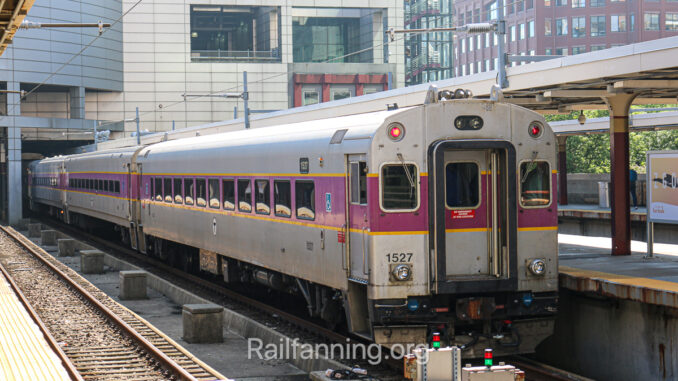
(The Center Square) – One public policy expert said Massachusetts should not spend any infrastructure on transportation until it figures out how to spend existing transportation funding more effectively.
“I think the state spends well in excess of every other state on transportation already,” David Tuerck, president of Beacon Hill Institute for Public Policy Research, told The Center Square. “I would think that, before we spend new money on infrastructure, we should rethink how we’re spending it currently before we get into building roads and bridges and so on.”
The federal bipartisan legislation reauthorizes surface transportation programs across the nation for five years and invests $110 billion in additional funding to repair roads and bridges and support transformational projects. It includes $89.9 billion in public transit funding, the White House said in a press release.
“It’s not just limited to the state,” Tuerck said. “Detriment comes to the entire economy when we fund spending without paying for it with taxes, instead just borrowing the money or printing money. There’s a habit now in Washington of throwing money at things without figuring out how to pay for the whole thing.”
Tuerck said the whole country could suffer, stemming from infrastructure spending undertaken by the Biden administration, as he peered at what he could find about the legislation.
“I noticed that one of the ideas here is to replace diesel with electric for commuter rail,” he said. “And that strikes me as a kind of thing that doesn’t improve infrastructure at all, but simply appeals to the Green New Deal.”
Tureck said pandering to those who oppose burning fossil fuels doesn’t represent a useful application of federal money.
“My argument would be that the commuter rail is running just fine on diesel,” Tuerck said. “Why bother to convert to electric, which they might do? Because now they have $9 billion plus in money available to spend on stuff?”
The great danger with the federal government throwing a huge sum of money at the states is that the states will entertain projects of marginal importance in terms of improved infrastructure, he said.

